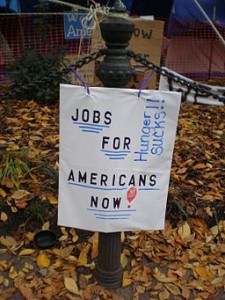
International trade has been a continuing issue throughout our history. The issues Henry George confronted in the late 19th century were similar to those raised in the recent election. His careful analysis showed that both sides were wrong, and proposed a trade policy to raise real wages of working Americans.
Despite huge social, technological, and demographic changes since George’s time, his analysis requires only very minor updates, and concludes that today, again, both sides are wrong. Take this opportunity to understand and evaluate for yourself a proposal to achieve widespread prosperity, here and now, thru True Free Trade.
This free presentation by Henry George School instructor Chuck Metalitz is adapted from our “Protection or Free Trade” course.

Decades before Wealth of Nations, Adam Smith wrote what he seems to have considered a superior work, Theory of Moral Sentiments. He wrote:
How selfish soever man may be supposed, there are evidently some principles in his nature, which interest him in the fortune of others, and render their happiness necessary to him, though he derives nothing from it except the pleasure of seeing it.
Wikipedia asserts:
Smith critically examines the moral thinking of his time, and suggests that conscience arises from dynamic and interactive social relationships through which people seek “mutual sympathy of sentiments.”[74] His goal in writing the work was to explain the source of mankind’s ability to form moral judgement, given that people begin life with no moral sentiments at all. Smith proposes a theory of sympathy, in which the act of observing others and seeing the judgements they form of both others and oneself makes people aware of themselves and how others perceive their behaviour.
The Theory of Moral Sentiments has been printed in numerous editions, and is also available free on line. Smith revised the book throughout his lifetime; it’s best to avoid the first edition, and choose one published after his death in 1790.
In this session we’ll discuss parts 1-3 of the book, taking up parts 4-7 on November 20,

